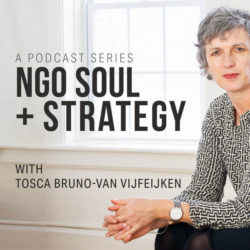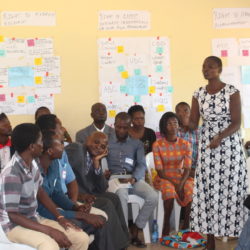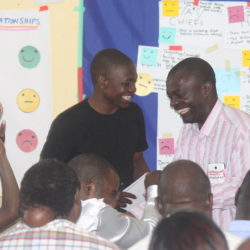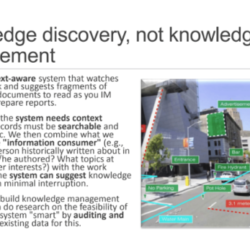Improvement Together: The Case for Constituent Voice (NGO Soul + Strategy Podcast)
Keystone’s Chief Executive, David Bonbright, recently partook in the NGO Soul + Strategy Podcast series by Five Oaks Consulting (hosted by Tosca Bruno-Van Vijeijken) to discuss the role Constituent Voice has in continual improvement. This is a podcast series for leaders of NGOs and other philanthropic organizations who are not satisfied with the status quo[…]









